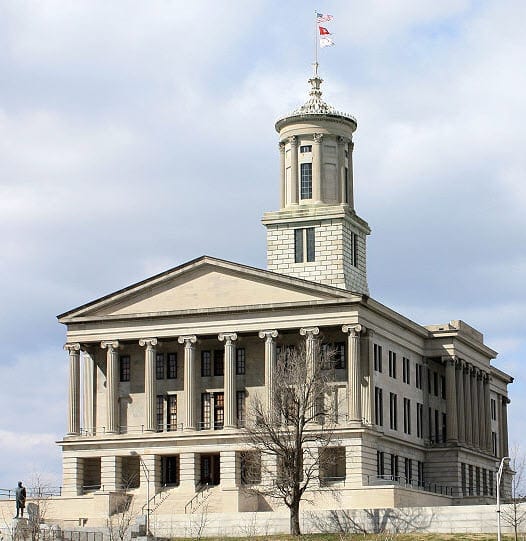The ruling was made following a unanimously in Tennessee and will grant over $16 million in refunds.
The Tennessee Supreme Court has now unanimously ruled that the Department of Commerce and Insurance are required to provide five out of state groups of insurance companies with a tax refund of over $16 million.
The state – like all others, aside from Hawaii – has taken on a retaliatory tax statute solely for the insurance industry.
That statute has been created for the purpose of balancing tax burdens across state lines. It is meant to provide protection for insurance companies within their own home states against excessive taxation or discrimination that could be imposed upon them when selling in states outside their own. In that way, if one state charges higher taxes, fines, or fees against insurers from another state, then a retaliatory tax can be imposed on the companies of the other state when they do business on each others’ turf.
In 2012, there were five groups of insurance companies from Pennsylvania that requested refunds from Tennessee.
 They asked to be refunded by the Tennessee Department of Commerce and Insurance for the taxes that they had been forced to pay under Tennessee’s retaliatory tax statute, following an audit that they had conducted. The insurers from Pennsylvania stated that they should not be required to make a calculation of certain assessments for workers’ compensation as a component of the retaliatory tax that they were facing from Tennessee. The reason, said the companies, was that the assessments had been paid by the policyholders and not by the providers themselves.
They asked to be refunded by the Tennessee Department of Commerce and Insurance for the taxes that they had been forced to pay under Tennessee’s retaliatory tax statute, following an audit that they had conducted. The insurers from Pennsylvania stated that they should not be required to make a calculation of certain assessments for workers’ compensation as a component of the retaliatory tax that they were facing from Tennessee. The reason, said the companies, was that the assessments had been paid by the policyholders and not by the providers themselves.
To that argument, the Supreme Court agreed and made the conclusion that the Tennessee Department of Commerce and Insurance should not be able to apply a retaliatory tax in that situation, as the assessments for that coverage do not provide a direct financial burden to insurance companies based in Tennessee that are doing business in Pennsylvania. The department will, therefore, be refunding the amount that has been paid by the insurers from Pennsylvania for that purpose and those insurers will not continue to face retaliatory taxes for that coverage.
